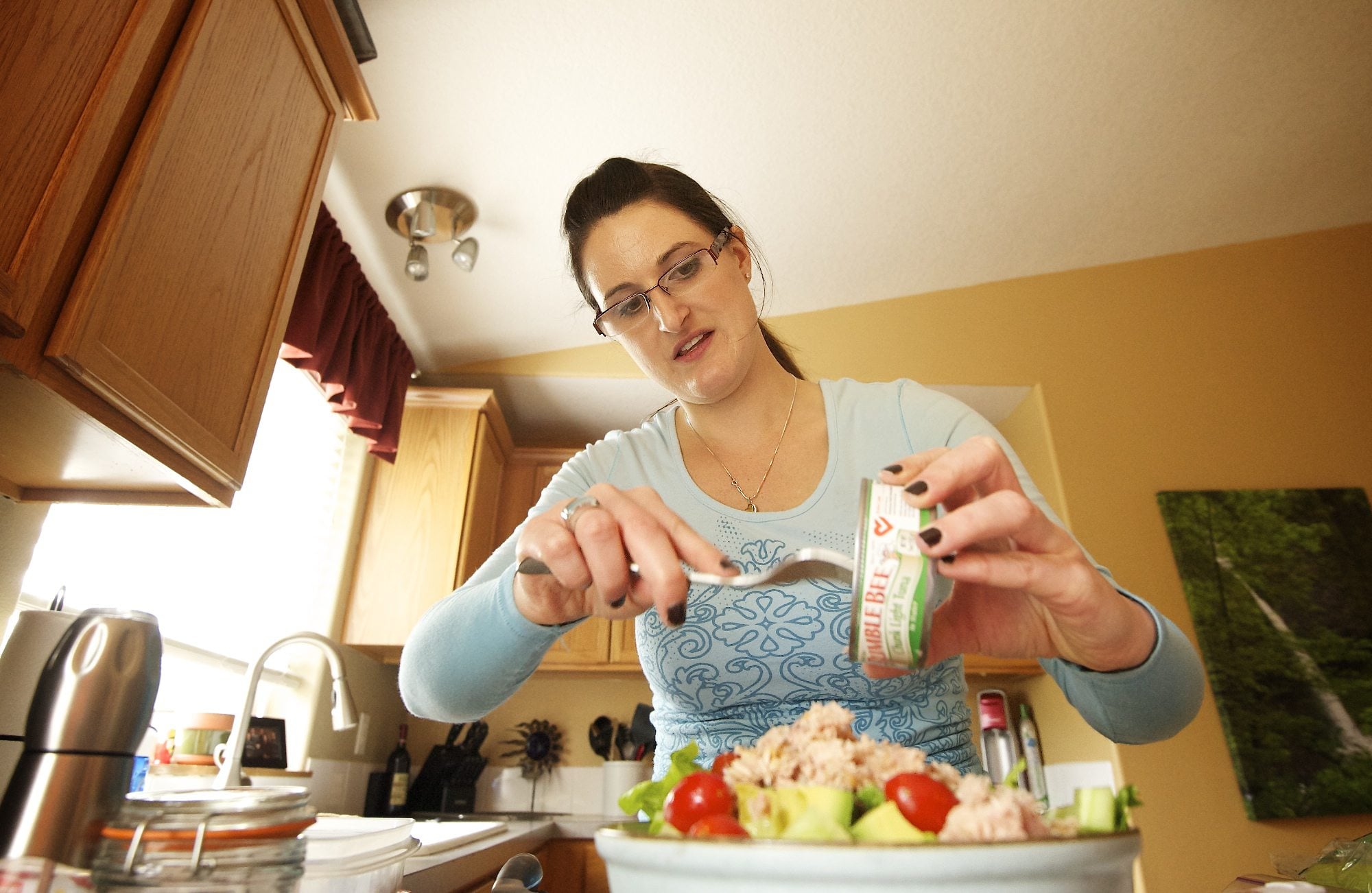For 33-year-old Natalie Middleton, meal times have become all about substitutions.
She swaps out her oatmeal and berries for a breakfast smoothie made with a green vegetable. She gave up soups and sandwiches for salad lunches. And casserole dinners are replaced with fish and vegetables.
About four months ago, Middleton adopted a gluten-free diet. But she doesn’t have celiac disease, a digestive condition triggered by consumption of the protein gluten, or any food allergies.
Instead, she’s following the advice of a trainer who suggested the Vancouver woman ditch the processed food. Middleton also cut out dairy and most grains.
So far, Middleton said she’s been happy with the results.
She no longer feels sluggish in the afternoon after eating lunch, and her energy level in general has gone up. Her skin is clearing up and she’s slowly dropping some extra pounds.




